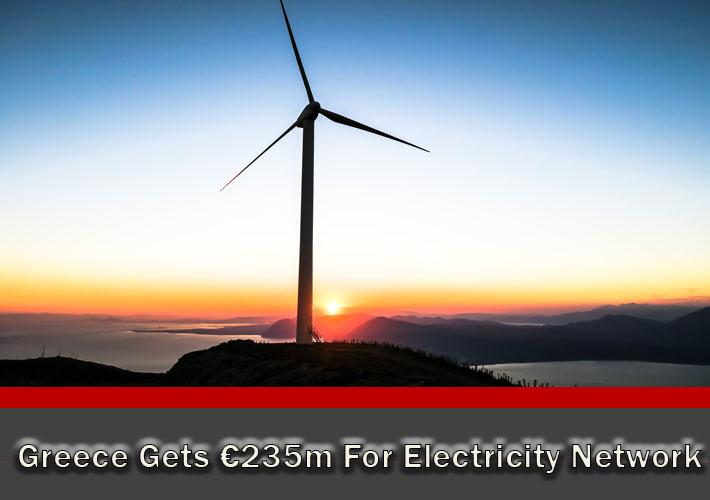Greece Gets €235m to Improve Electricity Network: Should We Do The Same?
March has been a pivotal month for the Greek economy as it begins to finally recover from the impacts of the crash in 2008. In order for businesses and homes alike to recover substantially, it is believed that the country needs a much improved energy system to fuel demand and prevent power cuts.
What’s Happening Over in Greece?
Now, help is at hand as an EU bank is providing Greece with a €235 million (£197.3m) loan to help enhance their ailing electricity network. The question is: should we now be doing the same here in Great Britain?
Overall it is thought that the money will help build or extend 186,000 new connections across Greece to help stimulate the faltering economy. As well as this, the cash will be used to the Greek Public Power Corporation (PPC) to renovate the electricity network as a whole, creating jobs, bolstering infrastructure and increasing the competitiveness of the industry.
The programme of work will be carried out between 2013 and 2015 and will be managed by the Hellenic Electricity Distribution Network Operator, a 100% subsidiary of PPC established in 2012. Commenting on the move, the European Investment Bank stated that the loan would be used to help benefit consumers across the country as well as drastically improving the distribution infrastructure and ensuring that supply fully meets demand in all areas.
The news is undoubtedly brilliant for Greece and the Greek economy and should help bolster local industries, strengthening the Euro as well as improving the country’s competitiveness and their jobs market. However, if Greece is choosing to bolster their own network of electricity, should we be looking to do the same in order to stay ahead?
Should We Do the Same to Stay Ahead?
At present, there is a great debate about whether Britain’s national grid needs updating. As much as anything else, it now appears as though the question of power is as much about strategy as it is about the product itself. Many have now begun to argue that the UK needs a whole new approach to its energy requirements.
Across the UK, the dynamics of energy generation as well as the capacity are the same as they have been for a considerable time, but, in line with this, three generators are now set to close over the next couple of years.
On top of this, with the UK continuing to switch towards renewable energy sources, many believe that the sector could be threatened further because of the unreliable nature of most pieces of renewable technology.
So, the question remains, with coal burning technology costly and unfriendly to the environment and nuclear power at least a decade away, do we need to also invest in the national grid to prevent the capacity margin from being eroded? If not, short supplies and ever rising costs seem inevitable, and only smart systems will keep the UK economy ahead of its rivals.

